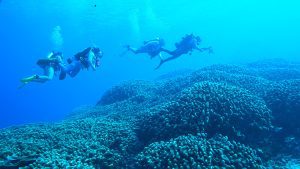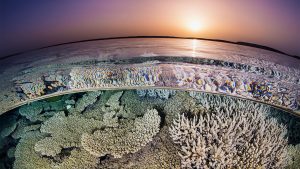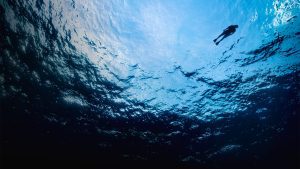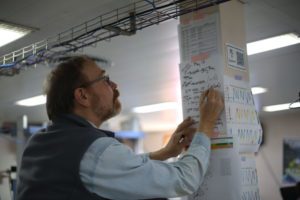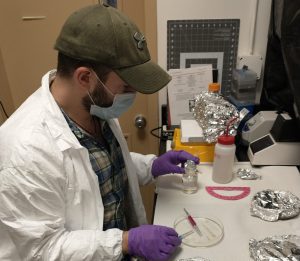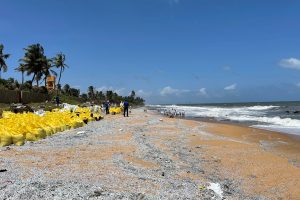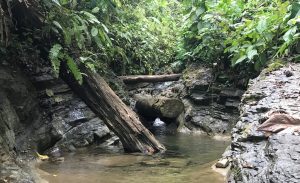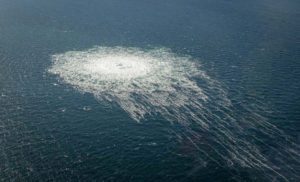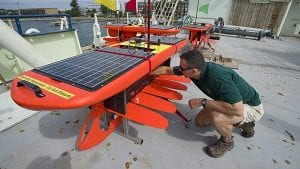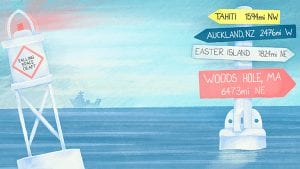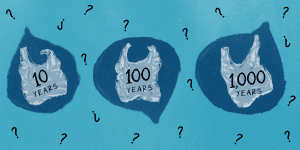Research Highlights
Oceanus Magazine
News Releases
Dr. Ken Buesseler has been selected as a Geochemistry Fellow by the Geochemical Society and the European Association of Geochemistry.
WHOI senior scientist and Dept. Chair honored for phosphorus and lipid cycling research
Woods Hole, MA – Cellulose diacetate (CDA), a bio-based plastic widely used in consumer goods, disintegrates, and degrades in the ocean far quicker than previously assumed, according to a new study published in Environmental Science & Technology Letters. “These findings…
When a fire broke out on the deck of the M/V XPress Pearl cargo ship on May 20, 2021, an estimated 70-75 billion pellets of preproduction plastic material, known as nurdles, spilled into the ocean and along the Sri Lankan coastline. That spill of about 1,500 tons of nurdles, many of which were burnt by the fire, has threatened marine life and poses a complex clean-up challenge. A new peer-reviewed study characterizes how the fire modified the physical and chemical properties of the nurdles and proposes that these properties affected their distribution along the coast.
Woods Hole, MA – Volcanic gases are helping researchers track large-scale movements in Earth’s deep interior. Woods Hole Oceanographic Institution (WHOI) scientists, together with a group of international collaborators, have discovered anomalous geochemical compositions beneath Panama. This interdisciplinary team used…

